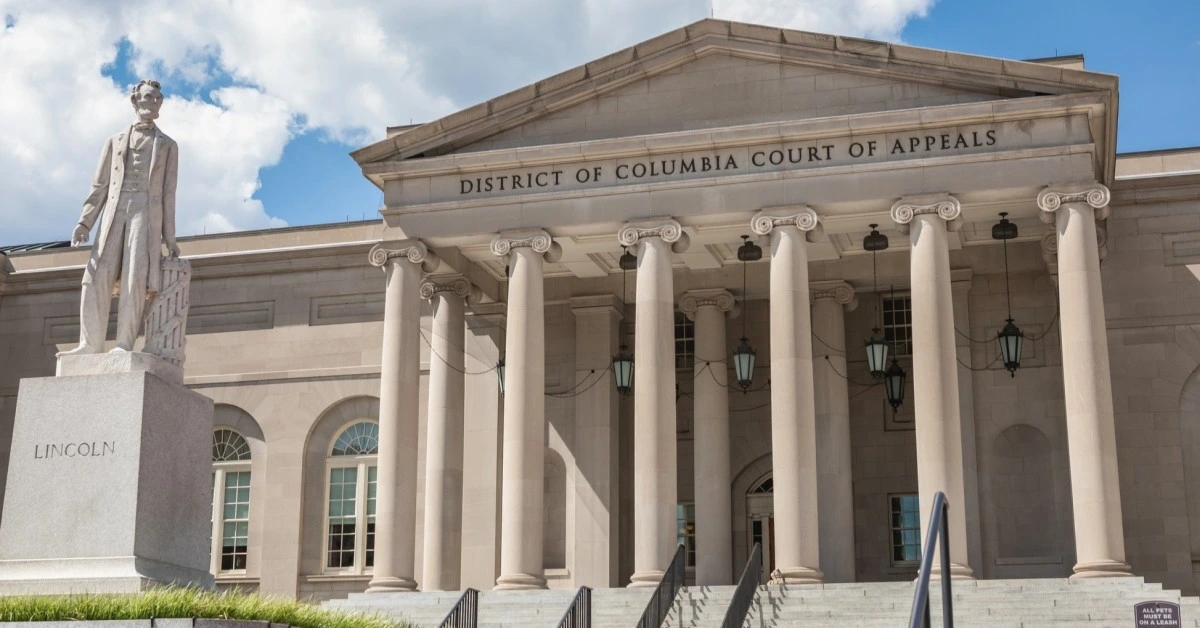
USA – The U.S. Department of Health and Human Services (HHS) has filed an appeal after a federal judge permanently blocked a controversial Trump-era cap on indirect funding for medical research through the National Institutes of Health (NIH).
The appeal follows a decision by U.S. District Judge Angel Kelley, who this week upgraded a temporary restraining order—issued in February—into a permanent injunction.
The injunction halts proposed NIH cuts that would have slashed indirect cost funding for research institutions from nearly 30% to just 15%.
These indirect costs cover essential infrastructure and support, such as laboratory maintenance, administrative staff, and building upkeep—expenses crucial to running large-scale biomedical research projects.
The funding cuts, first announced in an NIH notice earlier this year, were immediately challenged by attorneys general from 22 Democratic-led states, alongside several scientific and advocacy groups.
They argued the changes were not only procedurally flawed, lacking required public notice and comment, but also posed serious risks to the viability of major medical research initiatives.
Judge Kelley agreed, stating the policy was “arbitrary and capricious” and violated administrative law. She also criticized its retroactive implementation, which threatened funding for ongoing projects that had already received grants.
HHS and newly appointed NIH Director Jay Bhattacharya, along with HHS Secretary Robert F. Kennedy Jr., have now appealed to the U.S. Court of Appeals for the First Circuit.
One of the lawsuits—filed by the Center for Science in the Public Interest (CSPI)—alleges the NIH was also pressured to defund studies related to diversity, equity, and inclusion (DEI), LGBTQ+ issues, and vaccine hesitancy, particularly those involving research centers in South Africa and China. Critics say the move reflects political interference and endangers public health advancements.
The CSPI claims the cuts jeopardize over US $2.4 billion in research funding—US $1.3 billion of which has already been invested in ongoing projects, and US $1.1 billion revoked without scientific justification. The lawsuits argue this undermines vital research and squanders taxpayer money.
In fiscal 2023, the NIH distributed nearly US $35 billion in funding across approximately 50,000 grants, supporting over 300,000 researchers globally.
XRP HEALTHCARE L.L.C | License Number: 2312867.01 | Dubai | © Copyright 2025 | All Rights Reserved